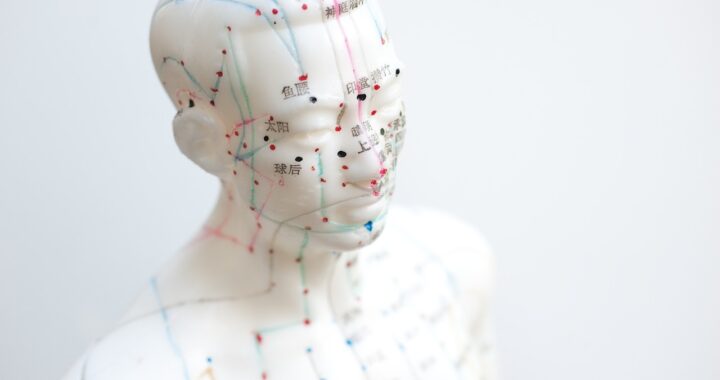The Essence of Feng Shui: Feng shui, an ancient Chinese art form, is centred around harmonising individuals with their surrounding environment. It is based on the concept of ‘chi’ or ‘qi’ – the life force or energy flow. Feng shui practitioners believe that the arrangement and orientation of space, objects, and colours can significantly influence the energy flow in a space, impacting the inhabitants’ health, wealth, and happiness.
Acupuncture: Balancing the Body’s Energy: Acupuncture, another gem from traditional Chinese medicine, also revolves around the concept of qi. It involves the insertion of fine needles into specific points on the body, known as meridians. This process is believed to balance the energy flow within the body, addressing various physical, mental, and emotional imbalances, from chronic pain to stress and anxiety.
Osteopathy: A Holistic Approach to Body Wellness: Osteopathy, developed in the late 19th century in the United States, takes a holistic approach to healthcare. It focuses on the importance of the musculoskeletal system in overall health and uses manual therapy techniques, such as manipulating and strengthening the musculoskeletal framework. This discipline recognises the interconnectedness of all body systems and aims to restore balance, encouraging the body’s natural healing capabilities.
Feng shui is acupuncture for space: The analogy of feng shui being akin to ‘acupuncture for space’ beautifully encapsulates the essence of this ancient practice. Just as acupuncture seeks to restore balance and promote the free flow of energy (or ‘qi’) within the human body by targeting specific points, feng shui applies a similar philosophy to our living and working environments. In feng shui, spaces are meticulously arranged and elements carefully chosen to optimise the flow of qi. Through this spatial ‘acupuncture’, feng shui aims to harmonise the energy of a space, enhancing the well-being, prosperity, and happiness of its inhabitants. This concept acknowledges that our surroundings have a profound impact on our energy and mood, much like how acupuncture recognises and manipulates the energy pathways within our bodies for holistic healing. By applying feng shui principles, we essentially ‘treat’ our spaces, clearing blockages and allowing positive energy to circulate freely, thus creating a balanced, harmonious environment conducive to health and wellbeing.
Interconnected Philosophies: The underlying philosophy connecting feng shui, acupuncture, and osteopathy is the recognition of interconnectedness and balance. Each discipline understands that well-being is not just the absence of illness but the harmonious functioning of various elements, whether they be environmental, energetic, or physical.
- Energy Flow and Balance:
- Feng Shui: Balances energy in living spaces for improved well-being.
- Acupuncture: Unblocks and redirects energy flow in the body.
- Osteopathy: Restores balance to the body’s systems through physical manipulation.
- Holistic Understanding:
- All three disciplines view their respective areas of focus (space, body, and energy) as interconnected wholes, where altering one part affects the entire system.
- Preventative and Healing Nature:
- They share a preventative approach, aiming to maintain balance and prevent issues before they arise.
- They also offer healing properties, addressing existing imbalances to restore harmony.
The Modern Relevance: In our fast-paced, modern world, the relevance of these ancient and traditional practices has only grown. The stressors of modern life often disrupt our internal and external balance, leading to various physical and mental health issues. Integrating principles of feng shui, acupuncture, and osteopathy into our lives can be a powerful way to realign ourselves with our natural state of balance and harmony.
Conclusion: While feng shui, acupuncture, and osteopathy come from different traditions, they share a profound wisdom about the importance of balance and harmony. Whether it’s through aligning the energy in our living spaces, unblocking energy pathways in our bodies, or ensuring the optimal functioning of our musculoskeletal system, these disciplines offer valuable insights into achieving and maintaining health and well-being. By understanding their interconnectedness, we can appreciate the holistic approach to wellness that transcends cultural and disciplinary boundaries.

